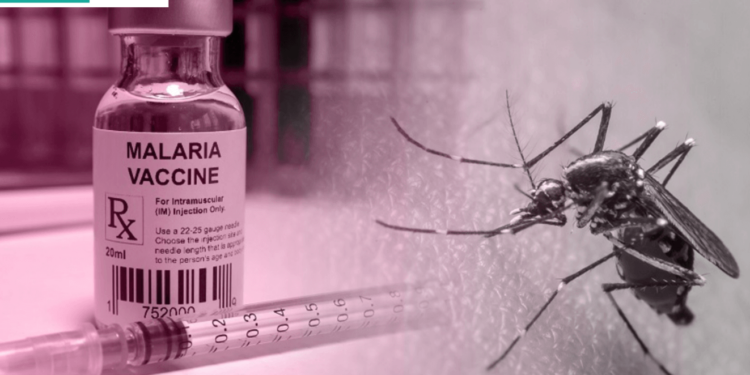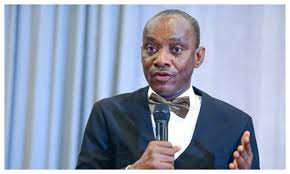The Federal Government will begin its malaria vaccination campaign on December 2, 2024, in Kebbi and Bayelsa states, as part of a strategic effort to combat the disease. This announcement was made by Remi Adeleke, Head of Public Relations Unit at the National Primary Healthcare Development Agency (NPHCDA), and Prof. Olugbenga Mokuolu, Strategic Advisor to the Coordinating Minister of Health and Social Welfare.
According to Adeleke, the malaria vaccination will officially kick off in Bayelsa and Kebbi states, with a formal launch planned for December 2. Prof. Mokuolu confirmed the start date, emphasizing the significance of the campaign in these two states, which have been selected due to their high malaria prevalence and target population.
In October, Dr. Muyi Aina, Executive Director of the NPHCDA, explained that the first phase of the vaccination would target Kebbi and Bayelsa due to the high malaria prevalence, with Kebbi having the highest rate in the country at 52%. Bayelsa was also chosen due to its target population of 69,935 children, which aligns with the available vaccine doses for this phase. Kebbi’s target population is 162,014.
The malaria vaccine will be administered to children aged 5 to 15 months as part of routine immunization. To be fully protected, each child will need four doses: at 5, 6, 7, and 15 months of age. Dr. Aina mentioned that as more doses become available, the vaccination campaign will expand to other states, with the second phase set for 2025, targeting 19 states and the Federal Capital Territory (FCT), followed by a third phase for the remaining 15 states.
The launch of the malaria vaccination campaign is seen as a significant step in the government’s ongoing efforts to reduce the burden of malaria in Nigeria. With key stakeholders from various sectors involved, the government is working to ensure the success of the program, with the goal of incorporating the malaria vaccine into the national immunisation schedule in the future.
































